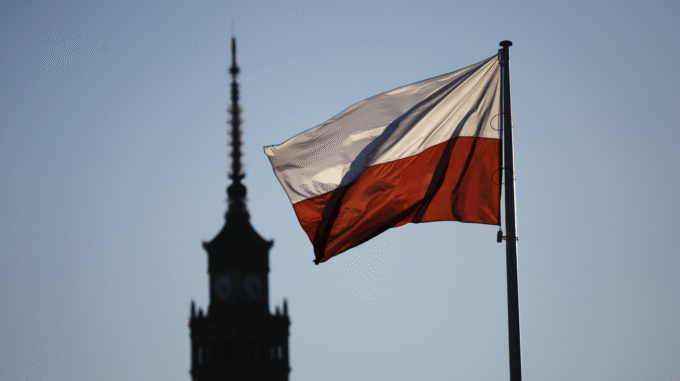Polish Presidential Election: Candidate with Anti-NATO Views Leads in Pre-Election Polls

In the context of the upcoming second round of the presidential elections in Poland, unexpected trends have emerged that not only influence the country's internal political situation but also impact regional security in Europe. According to preliminary data from early polls, the leading candidate is one who categorically opposes Ukraine's swift accession to the North Atlantic Alliance, raising concerns among their allies and the Ukrainian community. Based on information received from the Opinia24 agency and published by TVN24, the first survey ahead of the second round shows a minimal yet significant advantage for Karol Nawrótki — the main contender supported by the Law and Justice party ("PiS"). Analysis indicates that about 80% of Polish citizens already intend to participate in the vote, while approximately 12% plan to stay at home, and the rest remain undecided. Among those committed to voting, nearly half — 47% — will support Karol Nawrótki, while his main opponent, Warsaw Mayor Rafał Trzaskowski, gathers 45%. Nearly 8% are still undecided, leaving a substantial number of unknown voters who could influence the final outcome. Experts note that the campaign is actively ongoing and results may fluctuate depending on the final weeks before voting day. These figures gain particular significance against the backdrop of the first-round results held on May 18. In that election, Trzaskowski won with 31.36%, while Nawrótki received 29.54%, marked as a close contest with only a margin of a few percentage points. They are political opponents representing opposing courses — one supporting pro-European and pro-union values, the other endorsing an open anti-NATO stance, which could cast doubt on Ukraine's potential future as a NATO member. An important step in shaping the candidates' positions was taken by Nawrótki himself — he officially addressed his potential voters with a stance that directly aligns with the ultraconservative and anti-Ukrainian rhetoric expressed by Sławomir Mencen, leader of the Confederation. In his statement, he promised to prevent Ukraine's accession to NATO, which is one of the main conditions for gaining support from right-wing and pro-Russian forces. Recent Polish political campaigns reveal a trend towards the strengthening of ultra-right and anti-European forces, who use nationalist rhetoric to garner electoral support. This situation causes concern among Ukrainian diplomats and the wider European community, as the outcome of these elections could have far-reaching consequences for Ukraine's further Euro-Atlantic integration and the security of Eastern Europe as a whole. The second round is scheduled for June 1 and will be a decisive stage in the country's political development, as its outcome will determine not only Poland’s future domestic policy but also its external diplomatic course, particularly regarding relations with NATO and the European Union. In a world and region still rife with uncertainty and geopolitical tension, Polish voters face the difficult choice between a pragmatic Euro-Atlantic course and populist statements that could threaten stability and security in the future. Within the broader spectrum of political ideologies, many experts emphasize that Ukraine's role in this electoral race is not merely symbolic but also pertains to strategic security interests across the continent. Observers note that the existence of candidates with pro-Russian and anti-NATO positions could complicate further support and development of Polish-Ukrainian relations, as well as hinder Ukraine’s Euro-Atlantic integration, which aspires to build a stable and independent society. Thus, the results of the Polish vote promise to be more than just an internal political event — they will reflect shifts in regional geopolitics that will shape the future of Eastern Europe and its relations with Russia and NATO. For the Ukrainian community, this campaign is yet another reminder of the importance of maintaining unity, supporting allies, and actively participating in global processes, as these are crucial for their security and sovereignty.

